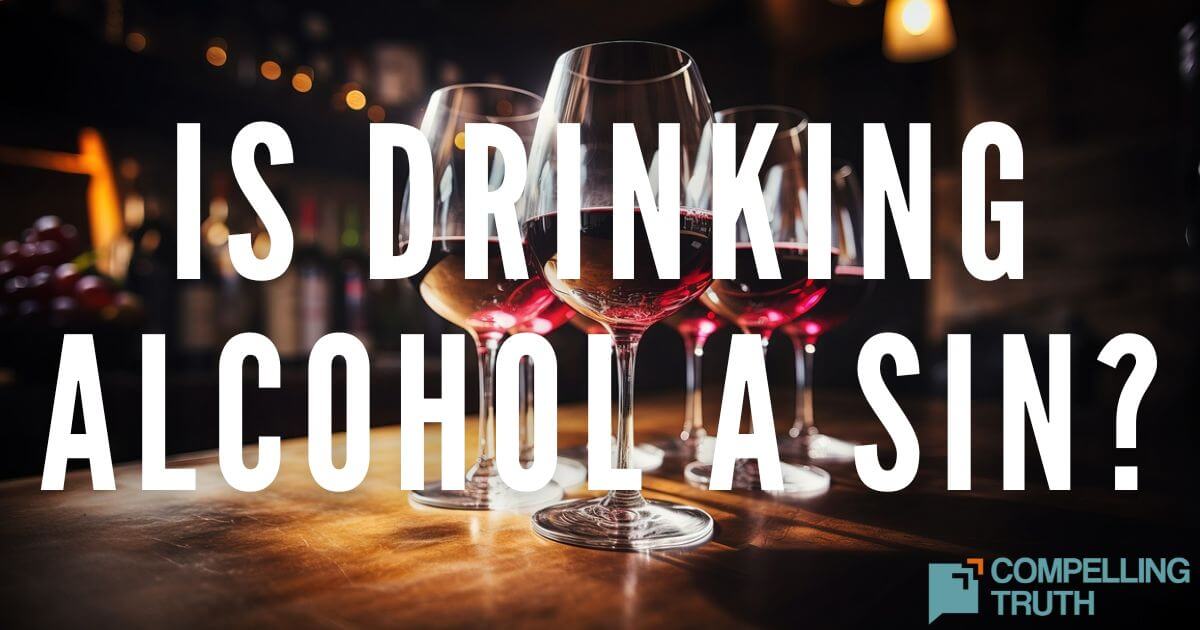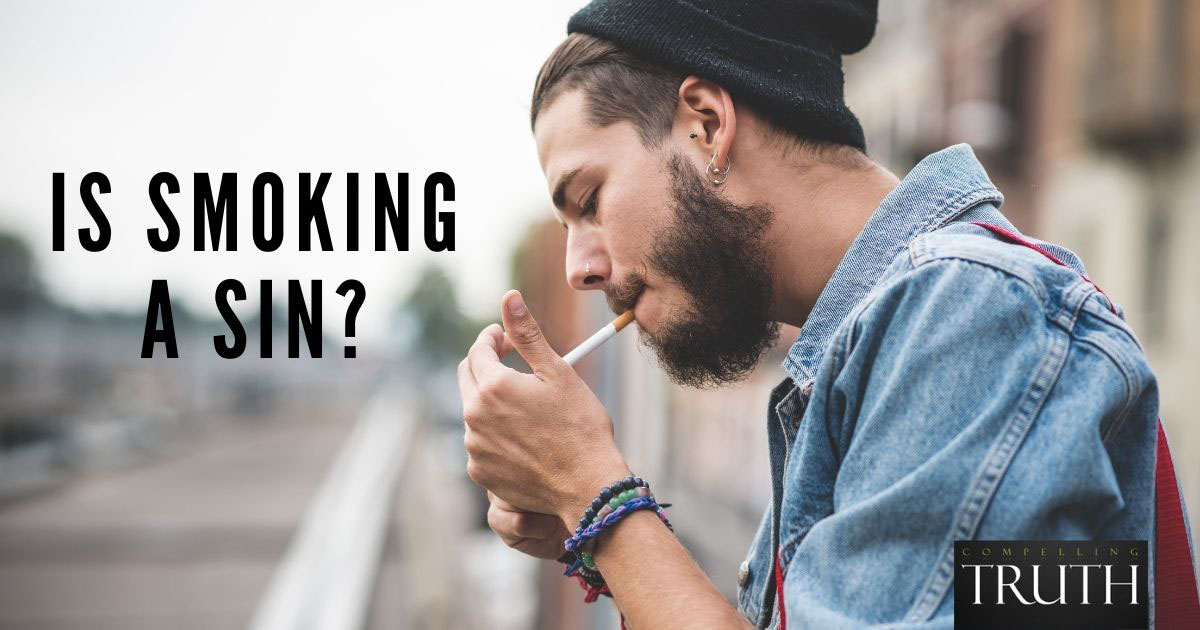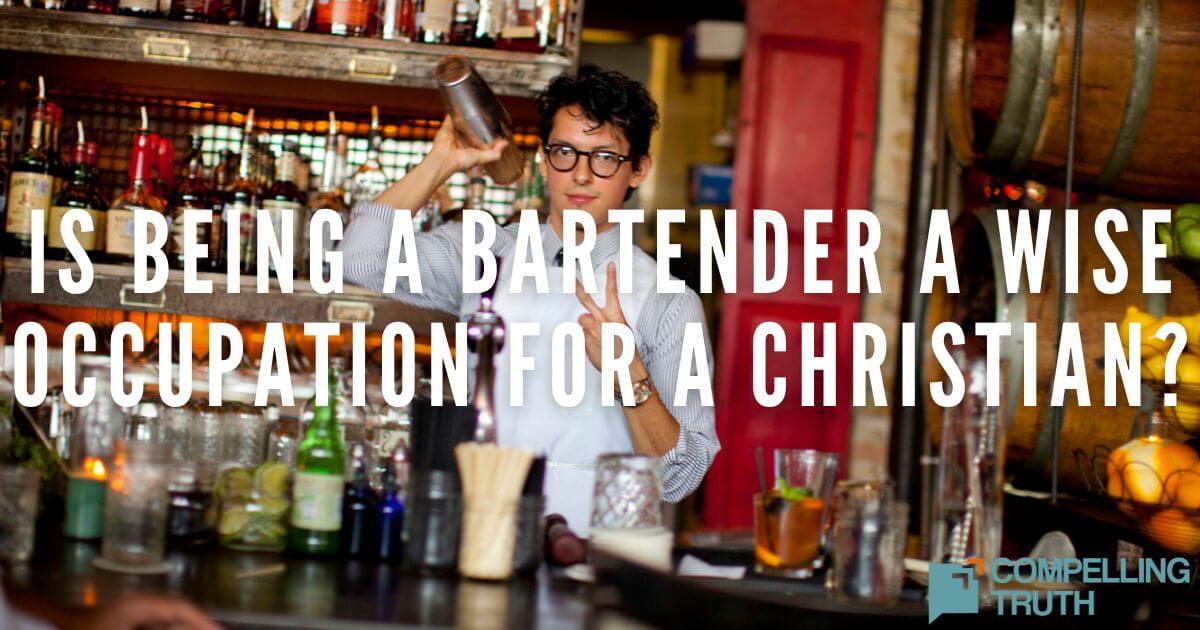Working at a place that sells alcohol or tobacco is not inherently sinful, but we should be careful about where we choose to work. In the Old Testament, King David reminds us that God knows our hearts and thoughts. If we think we might be doing something grievous to Him (such as violating our personal convictions), we should ask Him to lead us onto a better, godly path. King Solomon reminds us that we need God to weigh in on our plans and that we should “commit” our work to Him.
In the New Testament, Paul tells us to neither pass judgment on others nor to put a stumbling block in front of them. Tobacco and alcohol can be seen as issues of conviction, but even with issues of conviction we should seek to honor God and not cause others to stumble. With tobacco, the Bible does not tell us whether or not it is a sin, but it tells us to treat our bodies as the temple of God. It also tells us not to be mastered by anything, which is what an addiction to tobacco or alcohol is. With alcohol, Ephesians 5:18 clearly communicates that the sin lies in drunkenness, not in drinking. In fact, Paul encourages Timothy to drink wine. If we are unsure about our stance regarding working at a place that sells alcohol and tobacco, we should ask God for wisdom on the matter (James 1:5). Since we desire our life choices to glorify God, we should commit our work—including where we work—to Him.
Some believe using tobacco is sinful because it harms the body. However, more people overeat and eat unhealthy foods in abundance, committing the sin of gluttony (Proverbs 23:2, 20) than use tobacco. What are Christian waiters and fast-food workers to do? As Christians, we should (1) figure out what our personal convictions are on the matter of selling tobacco and alcohol and (2) assess if working at such a place will be beneficial to those around us.
While abusing our bodies through substances like alcohol is a sin, we should hold other areas of our life to the same standards of intentionality, such as our daily diet. As with all things that do not directly violate God’s word, it is not what we do that determines if something is a sin, but rather our intent behind it. Whether we are working at a gas station that sells alcohol and tobacco or working at a fast food restaurant, it is our heart posture God is concerned with. At the same time, we, as Christians, must establish personal convictions. While consuming alcohol, for example, might not be sinful, we must draw the line at intoxication because we know that is a sin. The primary responsibility of determining how much alcohol is too much rests with the drinker. With that being said, selling to a customer who is clearly intoxicated would be a sin. If we worked in a place that sold alcohol, could we deny selling in order to follow our own convictions? With tobacco, knowing that it is an addictive substance, could we in good conscience sell the product to someone who will get addicted to it? We need to seek biblical wisdom and counsel concerning areas where the Bible does not clearly state something. Ultimately, we can bring our concerns to God and ask Him for wisdom, knowing that He will generously give it to us (James 1:5).




